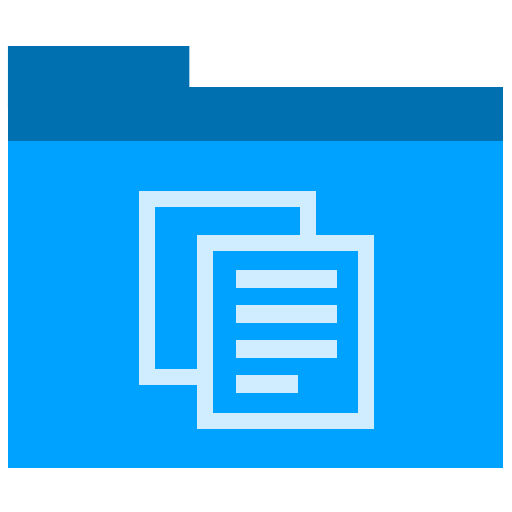Technical Writing
How to Run (Structured) Interviews
It’s not the questions you ask that matters, it’s the way you ask them. Technical writers, business analysts, and developers all ask questions.
They want answers.
And some are better than others. Some ask many times to get the definitive answers. Others think they have the answer but, on closer inspection, have overlooked some vital point. So, how do you ask the right questions?
Download: Technical Writing Templates
Structured Interviews & Task Analysis
When working on business transformation and outsourcing projects, I’d spend endless hours interviewing people.
The more I did it, the more mistakes I saw in my interviewing techniques.
I wasn’t getting the answers I wanted. I was losing time and getting bogged down with thorny SMEs. My manager suggested I look at Structured Interview techniques.
- Structured Interviews are a quantitative research method commonly employed in survey research. It helps ensure that each interview is presented with exactly the same questions in the same order. We used it for Process Design work and developing Action Plans.
- Answers can be reliably aggregated and comparisons made with confidence between sample subgroups or between different survey periods.
- Structured interviews allow you to collect data for a statistical survey, for example, data can be collected by an interviewer rather than through a self-administered questionnaire.
- Standardizes the order in which questions are asked of survey respondents, so the questions are always answered within the same context.
- Minimizes the impact of context effects, where the answers given to a survey question can depend on the nature of preceding questions.
- Used as a qualitative research methodology. These types of interviews suit focus group studies in which it helps to compare/contrast participant responses in order to answer a research question.
- For structured qualitative interviews, interviewers develop an interview schedule which lists the wording and sequencing of questions.
Later, I organized workshops on Structured Interviews where we showed Business Analysts how to interview SMEs and glean the information they needed.
How To Ask Questions for Technical Documentation
Tom Johnson also discusses how to ask questions, for example, to define the topics for an application, ‘Regardless of how many topics you decide to include in your help, asking questions is a tool that can serve you well in all areas of life.’ http://www.idratherbewriting.com/2010/02/17/the-art-of-asking-questions/
How To Ask Questions
Some things to consider are:
- When to ask Open v Closed questions, i.e. which is the most appropriate.
- How to interview groups, i.e. how to ensure that quieter types get heard and not bullied/intimidated at workshops and
- How to verify what the person said is what they actually meant to say..
The final one is much more difficult than you’d think.
How do you interview people?
What mistakes do technical writers make when interviewing? Do they ask too many questions? Or assume they have the information? How do you cope with difficult people at interviews?
